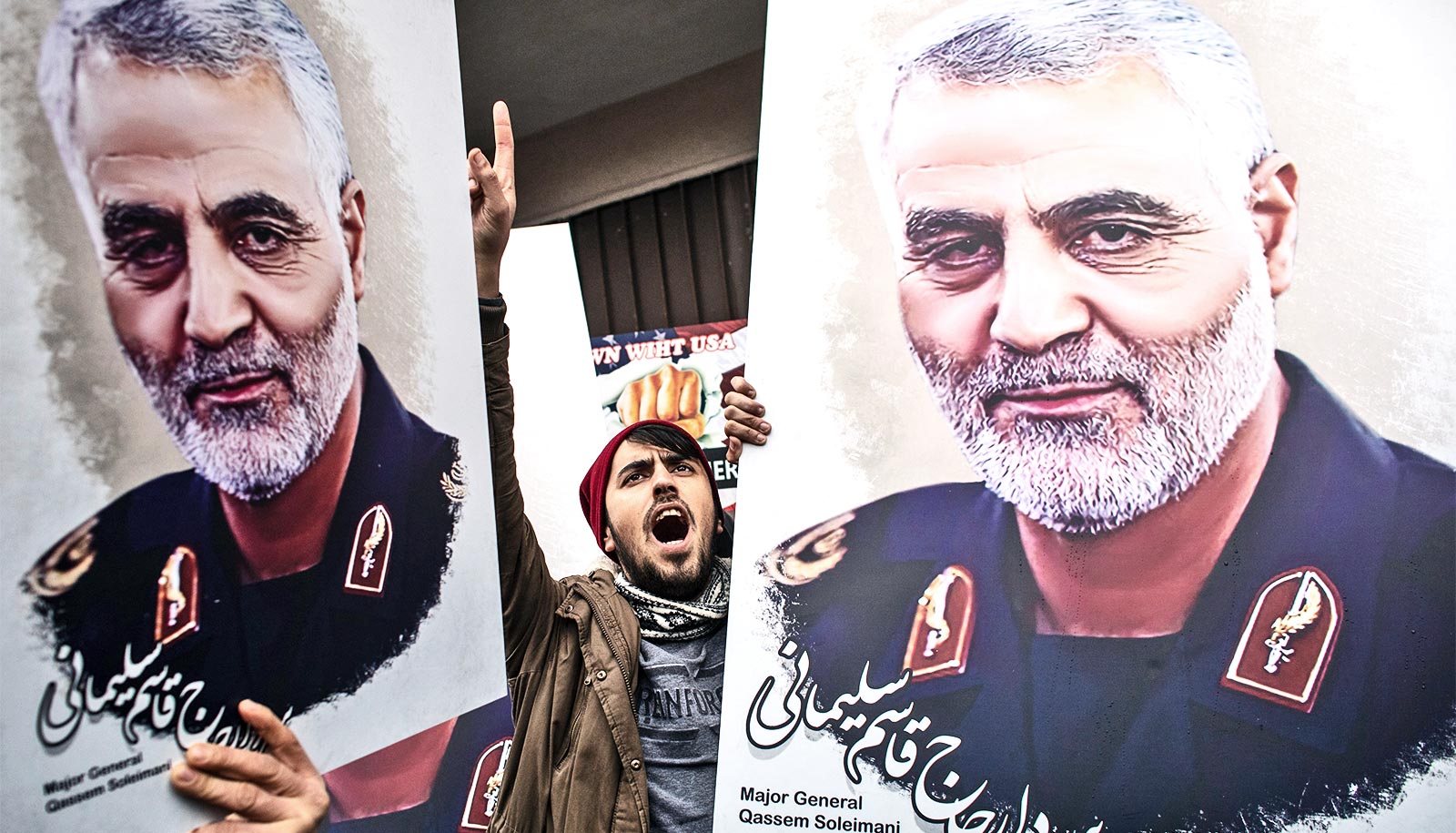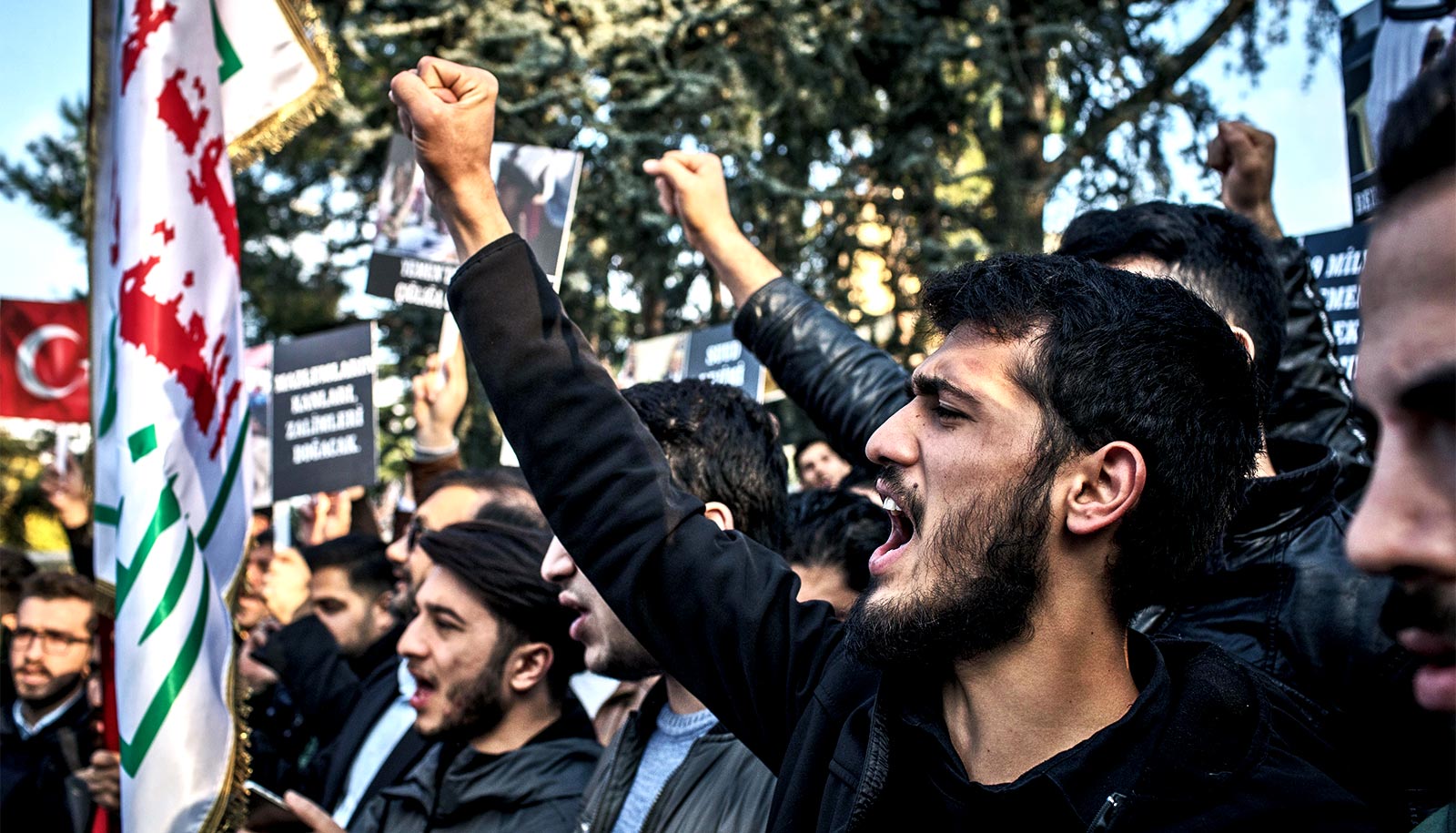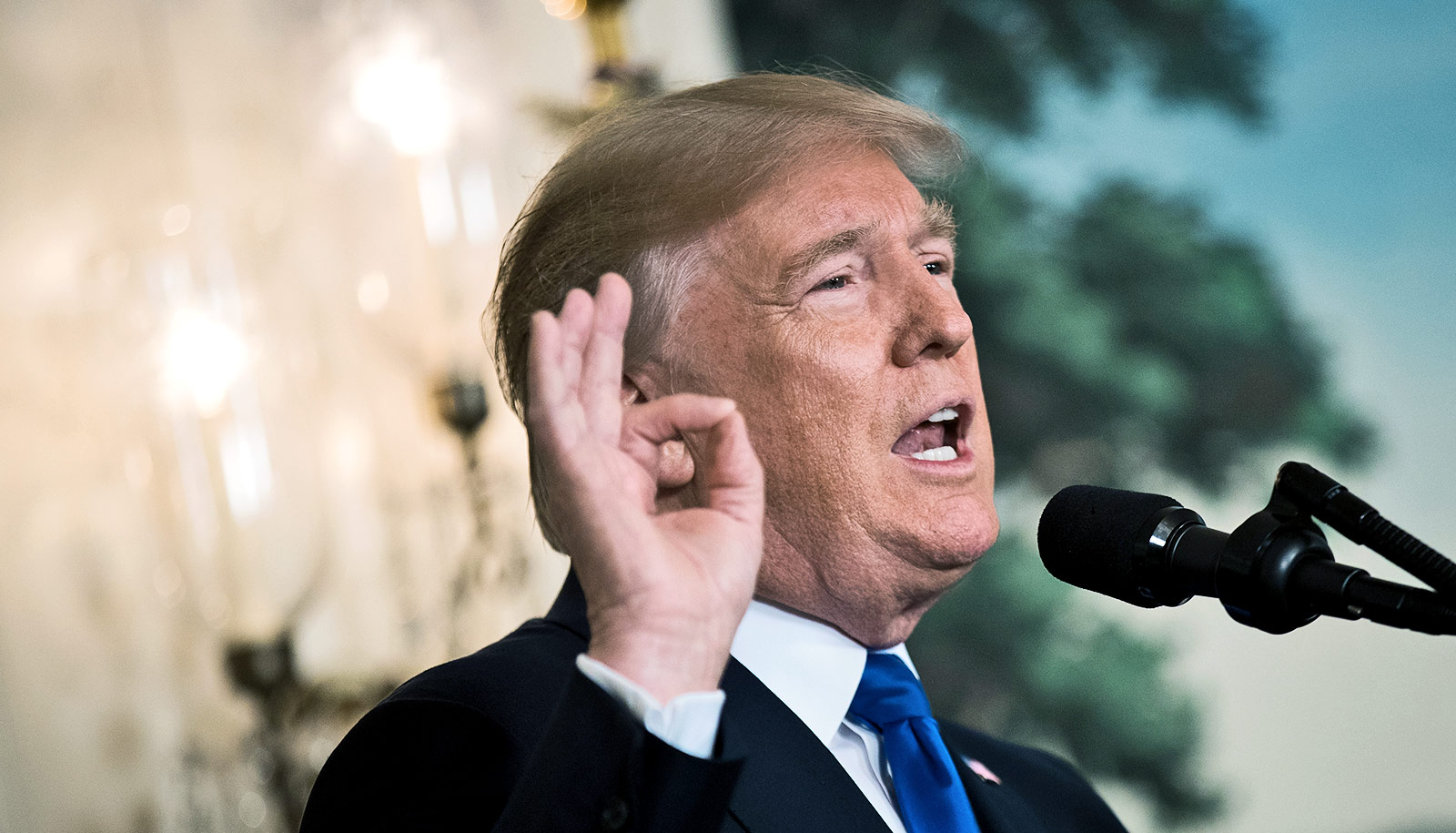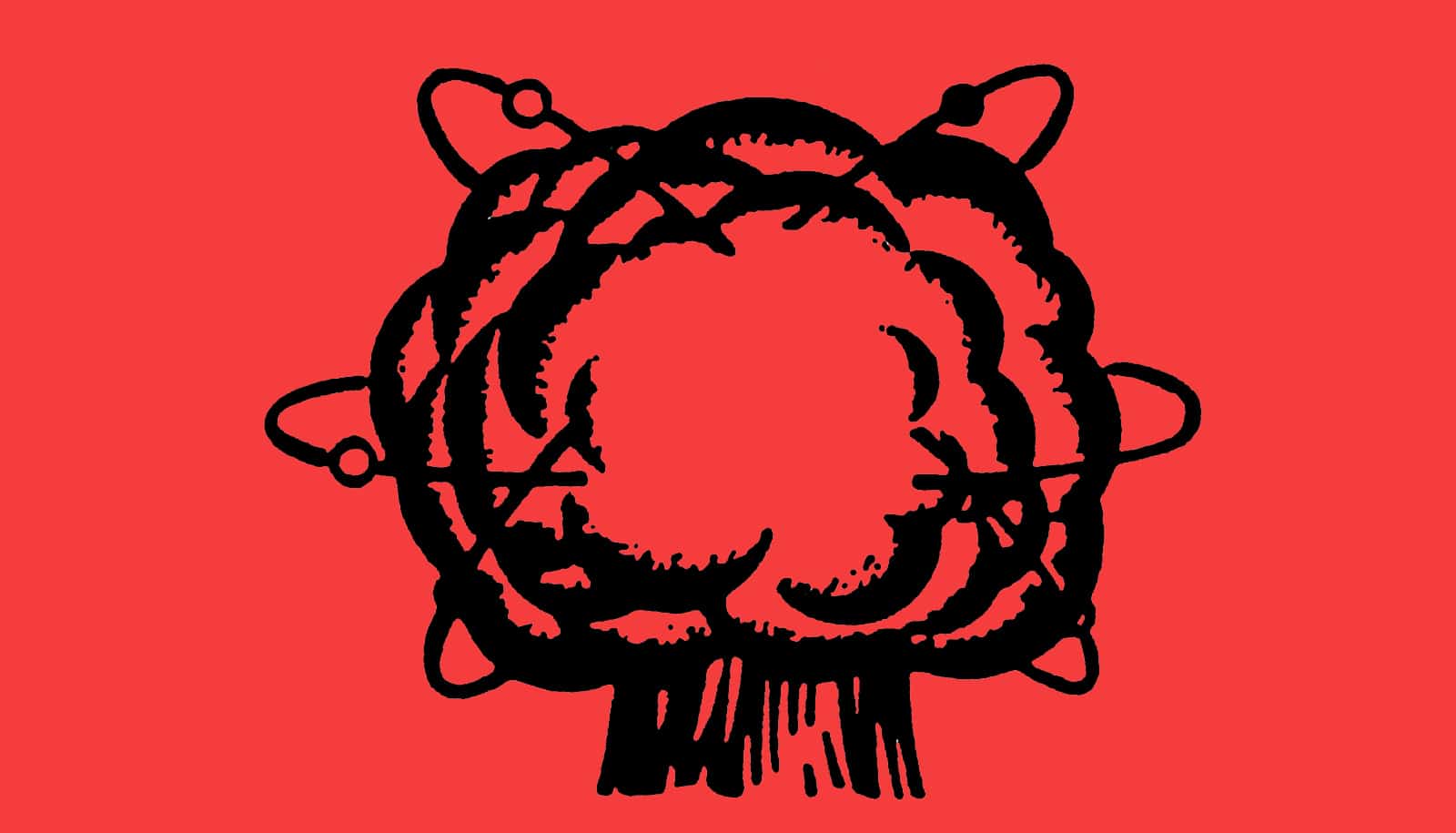On Friday morning, January 3, the United States killed Major General Qassim Suleimani, a top Iranian commander, and several Iran-backed militia leaders, with a drone strike to their convoy at Baghdad International Airport.
The strike capped a week of escalating tensions between the US and Iran, with pro-Iranian militia members in Iraq marching on the US embassy in Baghdad, burning an entry building, and trapping the staff inside for more than 24 hours. It was all part of a deadly series of events that included American airstrikes that killed more than two dozen Iranian militia members in Iraq and Syria over the weekend, preceded by rocket attacks that killed a US contractor, which the US blamed on an Iranian-backed militia.
Gary Samore, a professor of the practice of politics at Brandeis University and senior executive director of the Crown Center for Middle East Studies, was a senior arms control negotiator in the administrations of Presidents Reagan, George H.W. Bush, and Clinton. Until 2013, he served as the “WMD czar” in the Obama administration.
Here, he explains the current tensions between the US and Iran:
Does the killing of Maj. Gen. Qassim Suleimani bring the US closer to outright war with Iran?
Yes. The risk is that Iran will retaliate in a way that provokes further US military action against Iran. Such a conflict would primarily involve US airstrikes against Iranian military facilities and forces. Iran might respond by launching its missiles against US forces and allies in the region. US and Iranian naval forces could also engage.
However, neither Iran nor President Trump seem interested in a major military conflict, so it is possible that both sides will engage in a series of limited attacks and counterattacks without escalating to full-scale war.
In any event, the US does not have sufficient ground forces in the region to invade Iran, and Iran’s ground forces are too weak to attack US military bases in the Persian Gulf.
The Pentagon has stated that Suleimani was killed to deter future Iranian attacks. As powerful as Suleimani may have been, can we expect his death to have a near- or long-term deterrence on Iran’s ability to carry out strikes in the region?
Unlikely. Although Suleimani was the leader of the Qods Force, his death does not significantly weaken the ability of Iran to carry out attacks through its various allies and proxies in the region. US forces in Iraq are especially vulnerable. Iran will almost certainly retaliate against the US for the killing of Suleimani, but Tehran will carefully choose the targets, timing, and method of attack, in part to reduce the risk of US retaliation.
In the meantime, Tehran will use the Suleimani assassination to divert attention away from public protests in Iraq and Lebanon against Iranian influence and increase pressure on the Iraqi government to expel US forces. If this effort is successful, Iran will consolidate its dominant position in Iraq, which began with the US invasion in 2003.
What implications does this action have for Iran’s nuclear program?
Uncertain. Iran has already begun to exceed some of the limits of the 2015 nuclear agreement in response to President Trump’s decision to withdraw from the agreement. However, the European parties to the agreement have warned Iran that they will re-impose international sanctions if Iran takes any further steps away from the agreement. The killing of Suleimani could strengthen the argument of those in Iran who favor complete withdrawal from the nuclear deal and buildup of Iran’s nuclear capabilities. Others, however, will argue that Iran should continue to comply with the main elements of the nuclear agreement in order to focus international concern (including in Europe) on the US for assassinating Suleimani. It is unclear how this debate will be resolved inside Iran.
Source: Brandeis University



